Question And Answer
Publications
Articles, publications, books, tools and multimedia features from the U.S. Institute of Peace provide the latest news, analysis, research findings, practitioner guides and reports, all related to the conflict zones and issues that are at the center of the Institute’s work to prevent and reduce violent conflict.
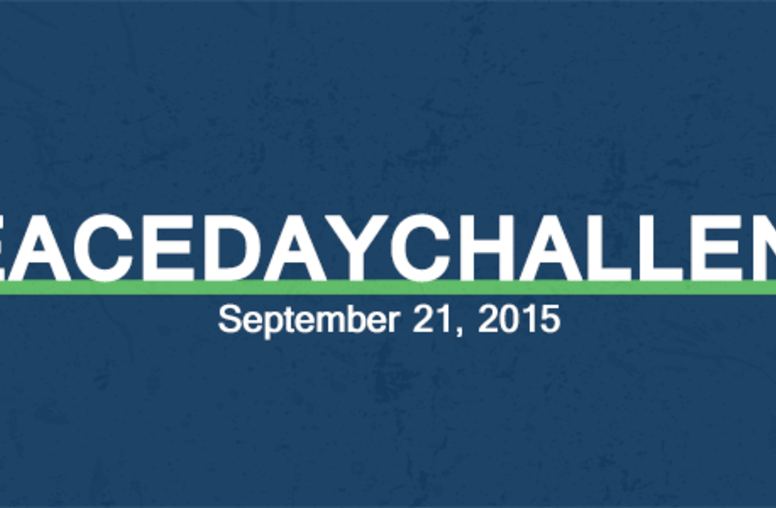
Nancy Lindborg Statement on the International Day of Peace
In 1981 the United Nations set aside September 21 as the International Day of Peace, dedicating the day to nonviolence across the globe. In the decades since, the world has emerged from a cold war, confronted ethnic conflict and witnessed protests evolve into revolution.
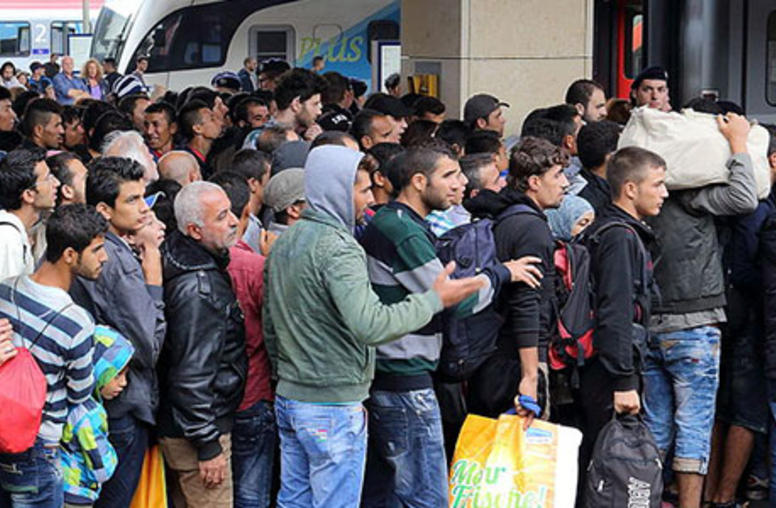
Stopping Europe’s Refugee Crisis at the Source
To halt the flow of people fleeing war, poverty, and oppression, the international community needs to redouble aid efforts where they're needed most.
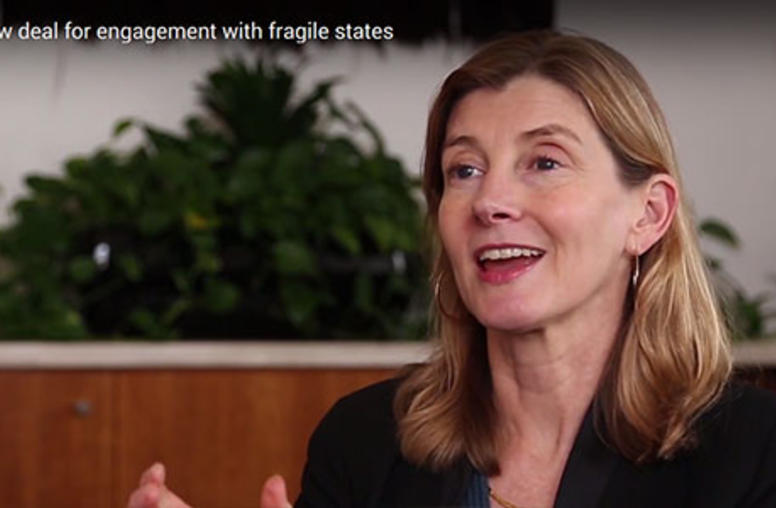
Nancy Lindborg: Finding common ground for development and defense
Development, diplomacy and defense must work together to help shepherd countries from fragility to peace and democracy. Nancy Lindborg shares her thoughts on bringing together the "three D's" for more effective crisis response.
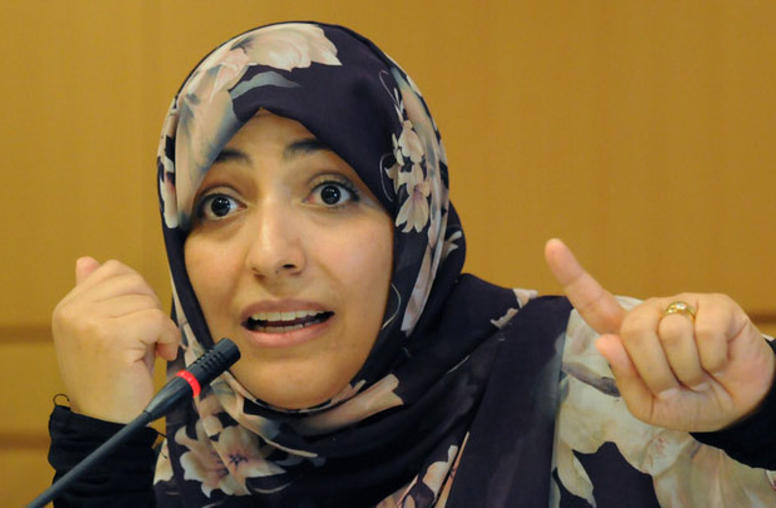
Halting Yemen’s War: U.S. Must Lead, Nobel Peace Laureate Says
Tawakkol Karman, the Yemeni human rights activist who won the Nobel Peace Prize in 2011, called on the United States to assume a bigger role in trying to revive a political process that might end the war now tearing her country apart. She urged the U.S. government to lead in pressing for a cease-fire and the transformation of Yemen’s militias into political parties.
Twitter Forum Explores Lawlessness at Sea
The unreported murder of four men in plain view, all too common on the high seas, led New York Times reporter Ian Urbina into the merciless world that resulted in his investigative series, "The Outlaw Ocean." In an event hosted by the International Network to Promote the Rule of Law (INPROL) and USIP on Aug. 18, Urbina and a panel of experts convened from three continents for a virtual forum on Twitter to discuss the issues and impact of lawlessness at sea.
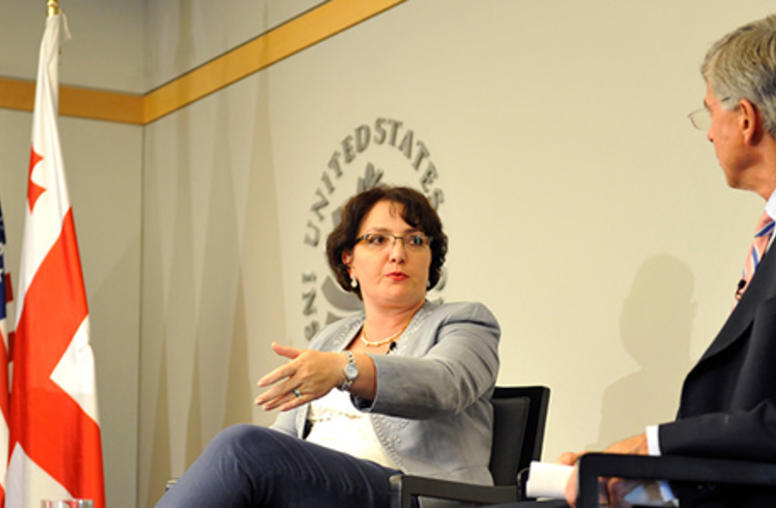
Georgia, Facing Russian Pressure, Needs NATO Path, Defense Chief Says
Even as hostilities continue in Ukraine, Russia is trying to undermine Georgia’s sovereignty with a multi-prong campaign that may not include a direct military confrontation yet poses a significant threat, according to Georgian Defense Minister Tina Khidasheli.
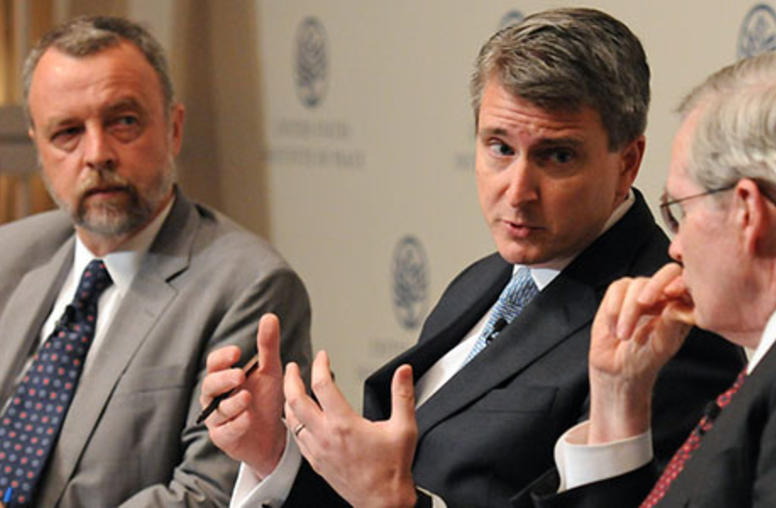
U.S. Envoy Feldman Urges Continued Support to Solidify Afghan Gains
The U.S. can’t assess yet the precise impact the confirmed death of Taliban leader Mullah Omar will have on the group’s talks with the Afghan government, but officials do believe the insurgency faces a more stable and united administration than at any time in the past six years, according to Dan Feldman, the outgoing U.S. special representative for Afghanistan and Pakistan.
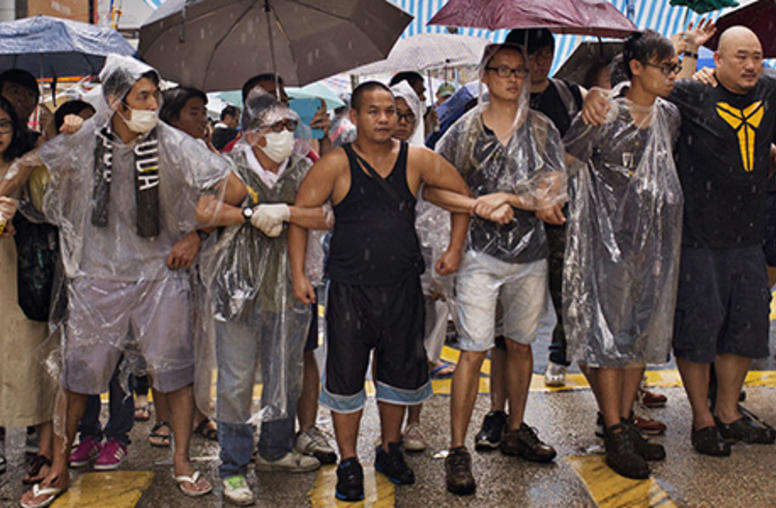
From Conflict in the Streets to Peace in the Society
From Hong Kong’s boulevards and Nairobi’s Uhuru Park to the maidans of Kyiv, Cairo and Tunis, millions of people have massed in recent years to demand greater democracy and transparency from their governments. Dozens of similar campaigns have been fought more quietly. A quarter-century of worldwide growth in such non-violent civil resistance movements has sharpened a question both for their activists and for practitioners of traditional peacebuilding: How can such resistance movements and conflict-resolution work be combined to build more stable, democratic societies?
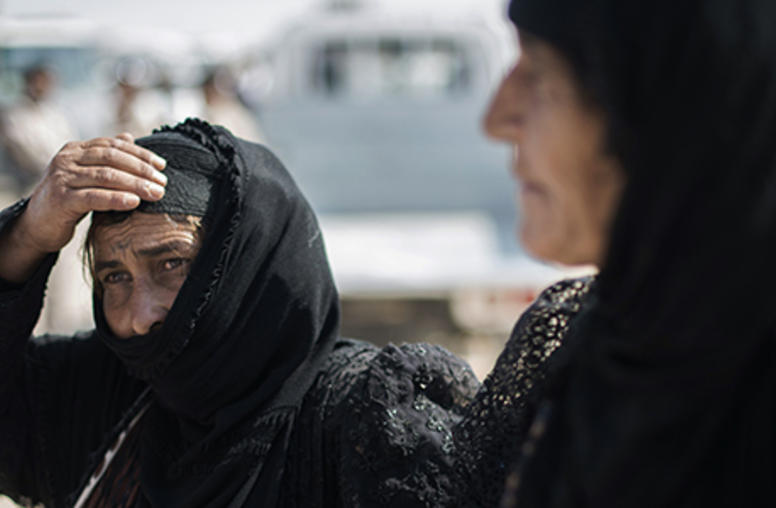
Women and Violent Extremism: A Growing Threat Demands Concerted Action
The extremist organization ISIS manipulates gender dynamics far better than its opponents often understand. It recruits young men with promises of control over women and uses mass rape as a form of cohesion. At the same time, it lures isolated women with appeals to enlarge their lives by joining a cause. Policymakers seeking to address the role of women in countering violent extremism must take an equally layered, multi-pronged approach to gender, according to experts from government, the Uni...
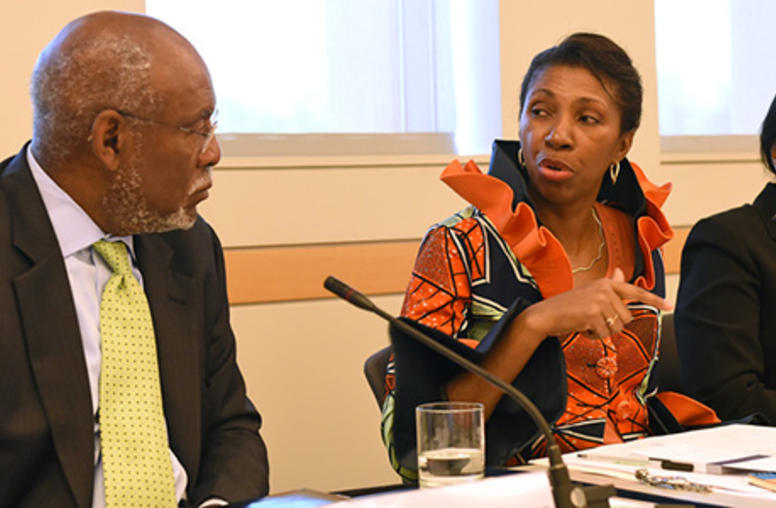
Unlearning Violence: Democratic Republic of the Congo
Martin Luther King Jr. reminds us that “Human progress is neither automatic nor inevitable…” So when we see steps toward justice and a narrative of hope returning to a country worn by violence and conflict, those of us in the peacebuilding field feel reinvigorated. We were fortunate to see an example on July 14, when the Embassy of the Democratic Republic of the Congo co-sponsored with USIP a discussion with that country’s Personal Representative of the President in Charge of the Fight Against Sexual Violence and Child Recruitment, Jeanine Mabunda Lioko Mudiayi.